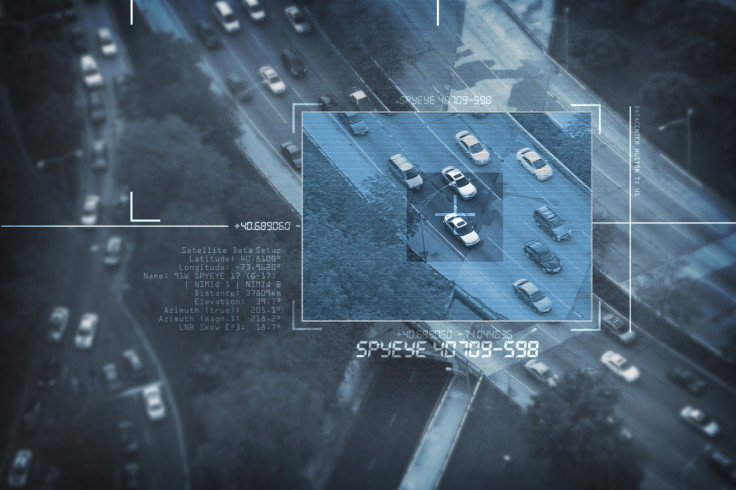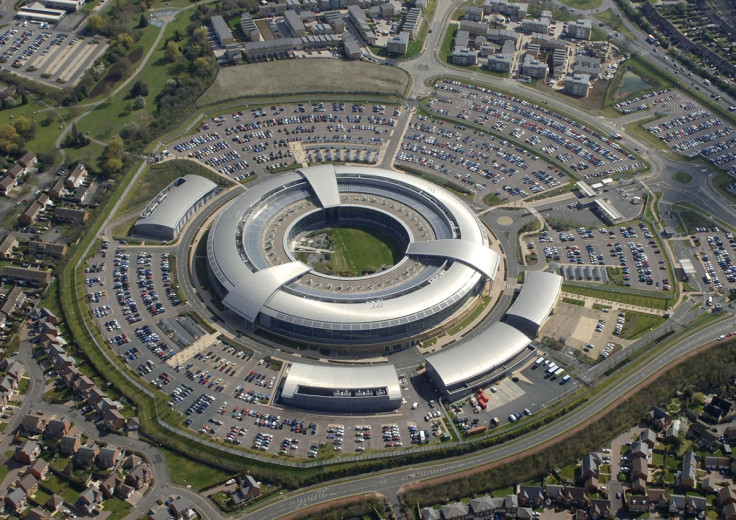'Five Eyes' alliance in crosshairs as Privacy International demands release of spy secrets
In a post-Snowden world, UK campaigners demand transparency from secret cabal.

Privacy International, a UK-based digital rights organisation, has filed a federal lawsuit in the US to compel the release of information about the 'Five Eyes' alliance, a secretive intelligence sharing clique made up of the US, UK, Australia, Canada and New Zealand.
Initially formed in the period surrounding World War II, the 'Five Eye's collective was formalised in the UK/US Communication Intelligence Agreement, officially signed in 1946. Since then, the five countries have shared snooping tactics, technical methods and collection results by default.
The most recent public version of the agreement was published 62 years ago, in 1955, revealing how signals intelligence data was disseminated at the time.
But technology has changed dramatically since that time, with phone calls, texting and internet use now collected in unprecedented scale.
Documents released by former US National Security Agency (NSA) analyst Edward Snowden showed how the vast apparatus used by intelligence agencies – including the British GCHQ – exploits digital information to scoop up communications data in bulk.
In a release, Privacy International said it is after the agreement's basic "legal standards and limitations" but not operational details that could put national security at risk.
It has made Freedom of Information (FoI) requests to the NSA, the Office of the Director of National Intelligence, the State Department and the National Archives and Records Administration.
The legal filing reads: "Privacy International seeks access to the current text of the UKUSA Agreement, information about how the government implements the Agreement, and records concerning the standards and procedures for exchanging intelligence under the Agreement."
It urged the release as "the public lacks even basic information about the Five Eyes alliance" and demanded information regarding the US government's "acquisition, storage, analysis and dissemination of Americans' communications" as part of the ancient arrangement.
"Undermines our democracy"
"Disclosure of the laws, rules, and regulations that constrain government surveillance is fundamental to basic democratic oversight," said Hannah Bloch-Wehba, a research fellow at Yale Law School's Media Freedom and Information Access Clinic (MFIA).
"Without knowing the procedures [...] that govern intelligence sharing among the Five Eyes, it is impossible for the public to know if this secretive surveillance abides by constitutional restrictions.

"The government's failure to make available even the most basic information about the rules currently in place corrodes public confidence in the rule of law and undermines our democracy."
Scarlet Kim, Privacy International's legal officer, added: "For years [we have] fought to shed light on the closely integrated relationship between the intelligence agencies of the Five Eyes alliance.
"Yet key documents, including the current agreement, remain secret.
"The public has a right to know what rules govern the exchange of information – which may include purely domestic communications and data – through this private pact."
From the words of insiders, is it obvious the relationship within the 'Five Eyes' alliance is extremely tight-knit. In 2013, in the wake of the Snowden leaks, one senior member of British intelligence opened up to The Guardian about how close the NSA and GCHQ had become.
"When you get a GCHQ pass it gives you access to the NSA too," the source said. "You can walk into the NSA and find GCHQ staff holding senior management positions, and vice versa.
He or she continued: "When the NSA has a piece of intelligence, it will very often ask GCHQ for a second opinion. There have been ups and downs over the years, of course. But in general, the NSA and GCHQ are extremely close allies. They rely on each other."
© Copyright IBTimes 2024. All rights reserved.























